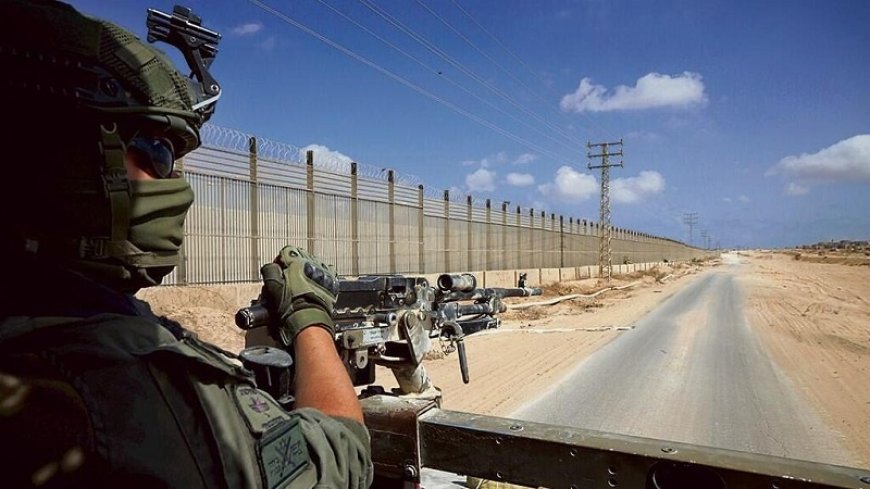The Israeli government has authorized its military to maintain a presence in the Philadelphi Strip, a move that significantly diminishes hopes for a ceasefire in the ongoing conflict with Hamas in the Gaza Strip. The decision, taken by Israel's war cabinet, comes as the conflict, which began on October 7, 2023, shows no signs of abating.
The Philadelphi Strip, a narrow 14-kilometer demilitarized zone on the Gaza-Egypt border, has become a focal point in the ceasefire negotiations. Despite efforts by the United States, Qatar, and Egypt to broker a deal that would include a ceasefire, the release of hostages held by Hamas, and the delivery of humanitarian aid to Gaza, the latest decision by Israel's cabinet complicates these efforts.
According to reports from Israel's state broadcaster and Haaretz, the war cabinet's vote saw eight members in favor of the continued military presence, with Defense Minister Yoav Gallant opposing the plan, and Internal Security Minister Itamar Ben-Gvir abstaining. The decision has drawn criticism from the families of Israeli hostages held in Gaza, who argue that Prime Minister Benjamin Netanyahu's actions are jeopardizing efforts to secure their loved ones' release.
The families expressed their frustration in a statement, accusing Netanyahu of missing critical opportunities to resolve the hostage situation. “There is not a day that Netanyahu does not take action to risk the return of all the hostages,” the statement read.
The ongoing Israeli military presence in the Philadelphi Strip is seen as a major obstacle to achieving a ceasefire. The zone, which has historically been a point of tension due to its strategic importance for both Israel and Gaza, remains a contentious issue in the stalled negotiations. The decision to keep troops in the area reflects Israel's concerns about security and the potential for weapons smuggling into Gaza, but it also raises questions about the prospects for peace and the future of the region.
As the war continues, the international community remains divided on how to move forward, with ceasefire efforts facing significant challenges due to the deepening mistrust and the hardened positions on both sides.














































